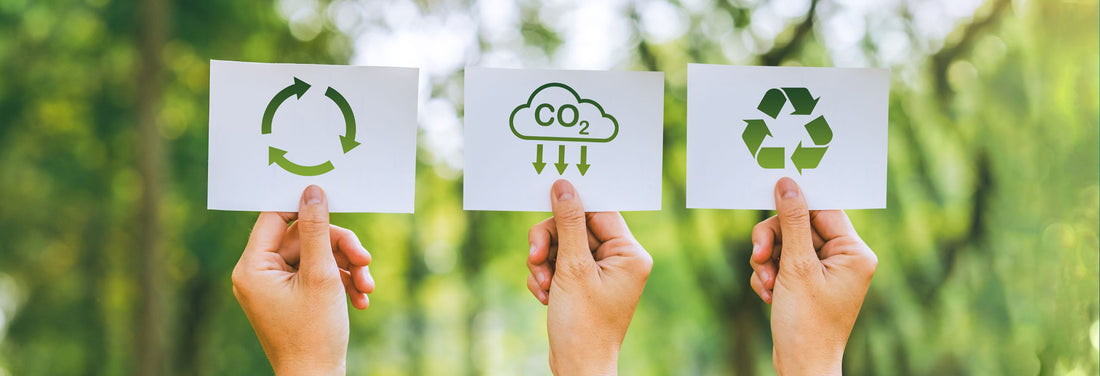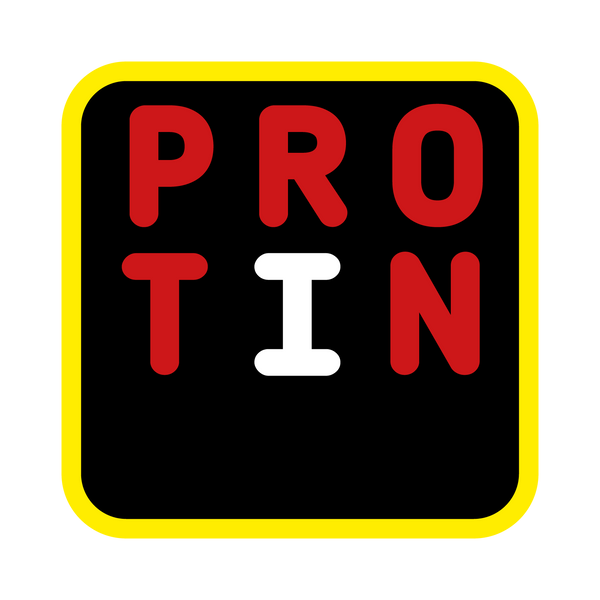
What Is Sustainability and Why Does It Matter?
Sustainability, by definition, is the ability to meet present needs without compromising the ability of future generations to meet theirs. It involves balancing economic growth, environmental care, and social well-being.
Sustainability rests on three pillars: environmental, social, and economic. In practice, this means adopting actions that respect the environment, promote social responsibility, and are economically viable.
The concept of sustainability arose in response to the excessive depletion of natural resources, the environmental impacts of human activity, rising levels of social and economic inequality, and the lack of ethical governance.
In 1987, the “Brundtland Commission” — active since 1983 — released the landmark report Our Common Future. It highlighted the environmental consequences of unchecked economic development and globalization, offering actionable solutions to the problems caused by industrialization and population growth. This report marked a turning point in the global adoption of sustainable practices.
At ProTin, our sustainability practices include several key areas:
Sourcing Fish Responsibly
All fish purchased from our suppliers or local fish markets must come with official documentation proving that:
-
The fish was caught in certified sustainable fishing zones (e.g. MSC – Marine Stewardship Council);
-
Only sustainable fishing methods were used — meaning techniques that do not harm marine ecosystems.
100% Recyclable Materials
Recycling is a sustainable practice that gives new life to materials no longer fit for reuse.
-
Our pâté cans are recyclable (yellow bin), and we exclusively use recyclable cardboard boxes (blue bin).
-
Waste separation is also essential. It makes waste processing more efficient, reduces environmental pollution, and prevents the burning of recyclable waste — a costly and harmful practice.
Renewable Energy
We use solar energy to power our facilities, reducing reliance on finite resources and their environmental impact.
Solar and wind energy (sourced from local energy providers) have a major positive effect on sustainable operations.
Social Responsibility
We ensure ethical and fair working conditions for all our employees and suppliers.
We also partner with local fishers and farmers who are committed to sustainable practices in every step of production.
In summary, sustainability is a continuous process — from sourcing raw materials to packaging and manufacturing.
If we want future generations to enjoy the same natural resources we do today, we must act now.
Sustainability today, a safer future tomorrow.
Elsa Dias


